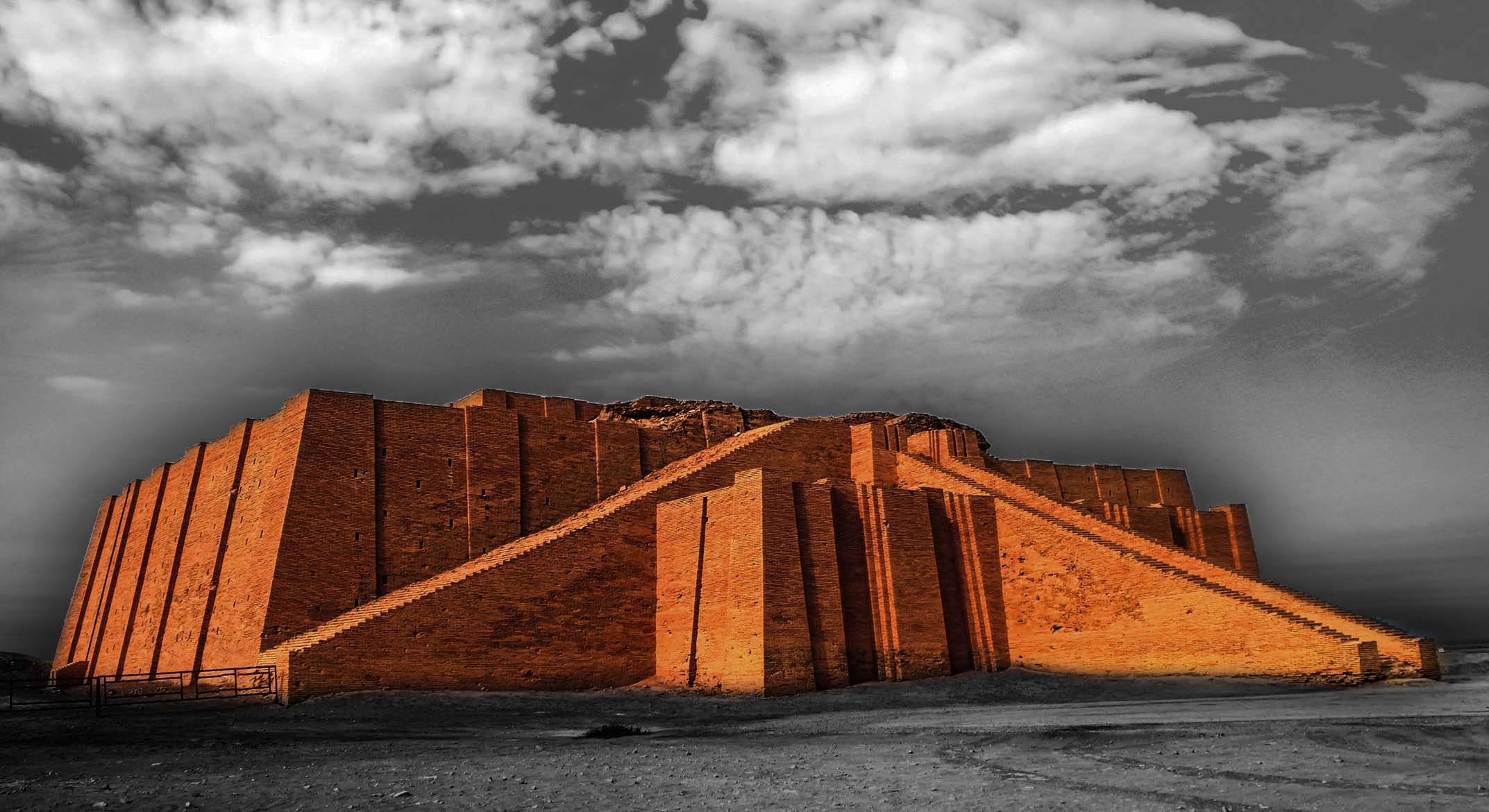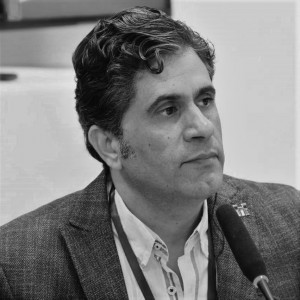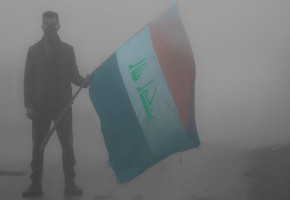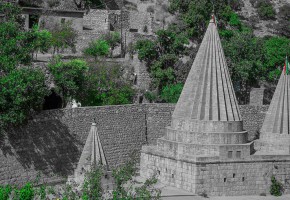

Why Should Diversity Be Re-Discovered in the Arab World - Saad Salloum
Political transformations in the Arab world have unveiled a new map of societal diversity. The US invasion of Iraq in 2003, the Arab Spring revolutions in 2011, and the ISIS invasion of Syria and Iraq in 2014 left their traces in the development of new demands for many religious, ethnic, and linguistic groups in diverse social contexts.
For example, Armenian demands to recognise the genocide they endured in 1915 re-emerged a century later in countries where they reside and obtained their citizenship. The contribution and presence of Baha’is in the public sphere in Tunisia, Egypt, Yemen, and Iraq has increased in light of the Arab Spring revolutions. We are witnessing the resurgence of the identity of the region’s residents of African origin, such as the Nubians in Egypt, the Tubu and Tuareg in Libya, the oasis dwellers of the Haratine in Mauritania, the Turks of African origin, the Tunisians of black skin, as well as the Afro-Iraqis, all of whom are citizens subjected to racial discrimination and occupy the lowest social hierarchy in the countries of the region.
Zoroastrianism Returns 1500 Years Later
In contrast to the migration of minorities from Egypt, Syria, Lebanon, and Iraq, ancient forms and identities have re-emerged, such as the return of Zoroastrianism after its absence for more than 1,500 years. In a small temple in Sulaymaniyah in northern Iraq, I spoke with the first religious leader of Zoroastrianism in Iraq about the limits of recognizing the Zoroastrian religion, the number of its followers and their locations, and the controversy over the nature of the return of this ancient religion after its disappearance throughout these centuries.
In part, the phenomenon was a reaction to ISIS and its threat to religious diversity. Thus, followers of the Zoroastrian religion sought to announce their identity after hiding for 15 centuries since the entry of Islam into Iraq. It was also a result of the official recognition of their religion in the Iraqi Kurdistan Region through Law No. 5 on the Protection of Components in the Kurdistan Region 2015. I personally witnessed the conversion of a Kurdish Muslim woman to Zoroastrianism in the temple. When I asked her about the reasons for her conversion from Islam, she replied with a meaningful statement: “I did not convert from Islam, but returned to my original religion.”
Black Lives Matter in the Arab World Also
On a similar note, Barack Obama's victory in the US presidential election was not merely an exceptional event in the lives of African Americans. It also galvanized African citizens in the Arab region, years before the murder of George Floyd and the emergence of the Black Lives Matter (BLM) movement to combat racism against Africans in the US. It became clear that the era of discrimination against blacks continues in the US and, of course, in the Arab region.
Iraq had a similar icon to George Floyd, the civil activist Jalal Diab, who was assassinated in Basra in 2013, dubbed the Martin Luther King of Iraq. He stimulated the rising awareness of the importance of combating racial discrimination. When I met him in 2009, Jalal and his colleagues had founded the Free Iraqis Movement and the Association for Supporters of Human Freedom after President Obama won the presidency. They aimed to confront the policies of discrimination against African-Iraqis. Visiting him for the first time at his association's headquarters, we talked about Martin Luther King Jr.'s "I Have a Dream" speech, given at the Lincoln Memorial on August 28, 1963, during the Washington Freedom March. I wondered if Jalal had a similar dream: to see a future without discrimination against blacks. To answer this question, Jalal pointed to three pictures hanging on the wall. In the center was a picture of Martin Luther King surrounded by two pictures of Barack Obama, who had just won the US presidential race. Soon my mind and heart penetrated the noble pursuit of this man, who was three years old when King was assassinated on April 4, 1968 and could not have imagined that his speech will cross thousands of miles to create another dream after more than four decades. Although he lacked the eloquence of King, he believed that the dream of equality in his "I have a dream" speech was finally fulfilled on the day Obama won the presidential election on January 20, 2009, and that this dream might come true one day in Iraq, and perhaps in the countries of the entire region.
Baha'is More than Two Hundred Years After their Founder's Birth
On a related level, the situation of the Baha’is in the Middle East has a profound indication of the limits of religious freedom in the Arab world. Although more than two hundred years have passed since the birth of Baha’u’llah (1817-1892), the founder of the Baha’i religion, no Arab country recognizes the Baha'i religion.
As a Lebanese Baha'i once told me sarcastically, "Baha'is have only the right to die, as they are given the option of burying their dead in Baha'i cemeteries." They are not allowed to live their convictions as Baha'is during their lifetime and are excluded from the public sphere. Their homes became the private sphere to practice their prayers and rituals.
The plight of the Baha’is summarizes the dilemma of managing diversity at the state level and accepting religious difference at the community level, in a manner that threatens the community’s religious diversity capital. It is illustrated through the systematic persecution they endured for more than a century, from the current harsh policies against them in Yemen and Iran following the Islamic revolution in the late 1970s to Ba’athist Iraq in 1970, where a decree banned the Baha’i faith in 1970 to Nasserist Egypt on different occasions since the 1960s. As a result, Baha'is were prohibited from publicly practicing or publicizing their religious convictions and their religious identity was not officially recognized.
By examining the principles of the Baha’i religion, it is clear that some ideas will remain a requirement for all reform calls in the Arab world. They include the separation between religion and politics, full support for religious freedom, the necessity of compatibility between religion and science, and complete equality between men and women.
The Arab Spring revolutions provided an opportunity for Baha’is in some Arab countries to contribute to the dialogue with their wider community. The Egyptian Baha’i Message to the Egyptian People is a fundamental document that presents a vision for the future of Egypt and an example for the peoples of the region, after more than a century of Baha’i existence in Egypt. It also refers to the contribution of the Bahá'ís to the dialogue for the future of their country, based on the experience of the Bahá'í communities throughout the world.
All of the above demonstrates the need to change the prevailing culture of diversity as a source of threat to national unity. "Unity in diversity" should be one of the main slogans for the post-Arab Spring, the promise of diversity as a source of richness and not as a source of threat. It remains a critical requirement for any rational policy to manage diversity in the Arab world. Rentier countries must view societal diversity as a source of permanent wealth. Oil in Iraq, for example, brought nothing but dictatorship and more division and corruption.
Recent publications

Thematic Report: Exploiting Resources, Ignoring Rights: A Political Ecology of Water and Energy in the Arab World
Related publications


